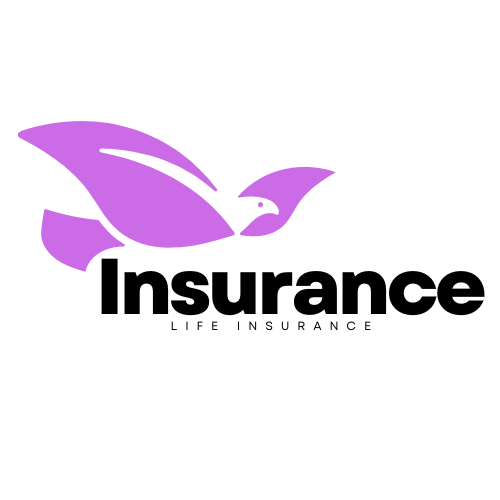Introduction
Business insurance is a critical aspect of safeguarding your enterprise against unforeseen risks and liabilities. Among the various types of business insurance available, comprehensive business insurance stands out for its extensive coverage across multiple areas of risk. This article aims to delve into what comprehensive business insurance entails, its benefits, and considerations for businesses looking to secure robust protection.
What is Comprehensive Business Insurance?
Comprehensive business insurance, often referred to as a Business Owner's Policy (BOP) in some contexts, combines several types of coverage into a single policy. It typically includes:
Property Insurance: Protects your business property, including buildings, equipment, and inventory, against damage or loss due to events like fire, theft, vandalism, or natural disasters.
General Liability Insurance: Covers your business against claims for bodily injury or property damage caused to third parties (customers, clients, vendors) arising from your business operations.
Business Interruption Insurance: Helps replace lost income and covers expenses if your business is unable to operate due to a covered loss (e.g., fire, storm damage).
Benefits of Comprehensive Business Insurance
Holistic Coverage: Rather than purchasing separate policies for property, liability, and business interruption, a comprehensive policy bundles these coverages into one, providing convenience and often cost savings.
Cost Efficiency: Insurers typically offer discounts for bundling coverages, making comprehensive insurance a cost-effective choice for small to medium-sized businesses.
Customizable Options: Policies can be tailored to specific business needs, adjusting coverage limits and deductibles to match the risk profile of the business.
Simplified Claims Process: Dealing with a single insurer for multiple coverages streamlines the claims process, reducing administrative burden and potential conflicts between different policies.
Considerations When Choosing Comprehensive Business Insurance
Risk Assessment: Assess your business’s unique risks and needs. Consider industry-specific risks, geographical factors, and the value of your assets when determining coverage limits.
Policy Exclusions: Understand what is not covered under your comprehensive policy. Common exclusions may include acts of terrorism, certain types of natural disasters, or intentional acts.
Coverage Limits and Deductibles: Ensure that coverage limits are adequate to fully protect your business in case of a significant loss. Evaluate deductible amounts based on your financial capacity to cover out-of-pocket expenses in the event of a claim.
Review Regularly: Businesses evolve, so review your insurance needs annually or when significant changes occur (e.g., expansion, new equipment) to ensure your policy remains adequate.
Conclusion
Comprehensive business insurance provides peace of mind by consolidating essential coverages into a single policy tailored to your business’s needs. It protects against property damage, liability claims, and interruptions to your operations, offering a comprehensive safety net against various risks. By understanding what comprehensive business insurance includes, its benefits, and considerations when selecting a policy, businesses can make informed decisions to safeguard their assets and operations effectively. Remember, consulting with an experienced insurance broker or agent can further help navigate the complexities of insurance and ensure you find the best coverage for your business



